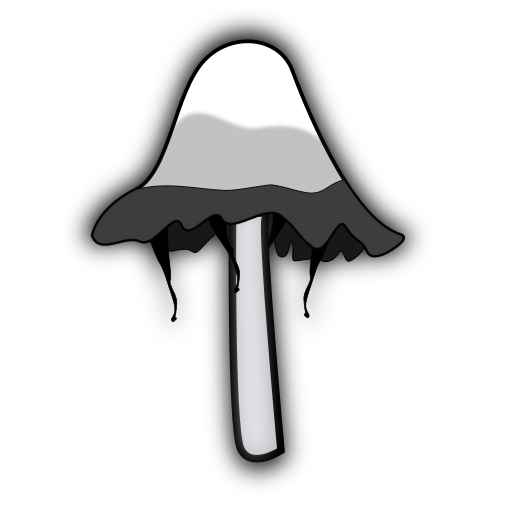If you have chanterelles in your yard that would be so cool. They’re an excellent beginner friendly mushroom, easy to positively ID, and absolutely delicious.
Second may be a puffball or an earth ball (or something else, I’m still quite a beginner myself). Puffballs should be easy to positively ID too, just not as easy as chanterelles. A choice edible.
Puffballs should be easy to positively ID too
I don’t forage for them. When they’re young they taste great but they’re easily confused for young death caps. When they’re old you risk dislodging the spores and they’re super toxic. Only mushrooms that are really morphologically distinct are safe foraging unless you’re using a guide and going through the list of every distinguishing feature.
You should always use a guide and go through every distinguishing feature. AFAIK their spores aren’t toxic, just allergenic. But you wouldn’t be getting them when they’re sporulating.
But you’re right, the fact that young amanitas are a lookalike is a good reason to avoid them. Giant puffballs don’t usually have that problem due to their sheer size.
Try to get a look at the underside, if they look like this they are almost certainly chanterelles, sure look like them from the top view.

Are the yellow ones chanterelles? They don’t grow in my area or are very rare so I don’t have a good eye for them. Pic of underside would be cool.
Google thinks they are, I’m going to try and keep an eye on them and see if they get bigger. I’ll post more in a few days hopefully.
I think these are chantarelles too. Confirm by looking at the ridges under the hat, they are very identifiable.
Don’t get greedy, they are fleeting and tomorrow might be too late to harvest.
If you could get a picture of the full thing, golden chanterelles have a really unique trumpet shape that’s vaguely similar to oyster mushrooms. They should have gills running about halfway down the stem which you can easily pull off and a fruity smell.
If they are chanterelles, save a few of the largest. You can either cut them up and put them in a bucket of water with 4% sugar added or put them on a piece of paper for a few hours, collect the spores, and put those in a bucket with the sugar water. Leave the bucket to sit for a few days for the mycellium to start growing into a liquid culture, then you can pour the contents of the bucket around trees that it associates with, in this case hardwoods and pine/birch. Your trees will be healthier and the mushrooms should start fruiting there within a couple years. I always expand the habitat of ectomycorrhizal fungi when picking them.
If they’re chanterelles they look about ready to pick, might go wormy on you if you wait much longer.
Update: https://mander.xyz/post/34185448
I agree with everyone saying the first ones look like chantrelles from the top but it’s important to check the bottom to confirm it has veins and not true gills.
The second on looks more like an earthball (poison) than a puffball (tasty) but there are other possibilities. The best way to get an ID is to cut it in half lengthwise:
-
A puffball will be pure white or starting to turn brownish in the middle (don’t eat if it if it is)
-
an earthball will have a thicker skin and will be purple in the middle or brown if it’s further along
-
if you see a fully formed cap with gills it’s probably an Amanita button
-
if it’s uniformly marbled it’s probably a truffle
-
anything else is a probably a false truffle or a stinkhorn button
I’m not sure about the last one but it’s interesting and I’d like to see more closeups.
-









